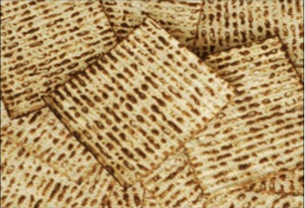Shavuot: The Feast of Weeks
Shavuot, the final festival in the spring cycle that began with Passover, is the holiday that celebrates the first harvest, the ripening of the first fruits, and most importantly, the giving of the Torah to the Jewish people on Mt. Sinai. In the Bible, Shavuot is called by various other names: Feast of Weeks, Pentecost and Feast of the Giving of the Law. This year, the festival begins on the evening of May 14th, 5773. It is one of the Lord’s Moedim or appointed times. …
Shavuot: The Feast of Weeks Read More »
